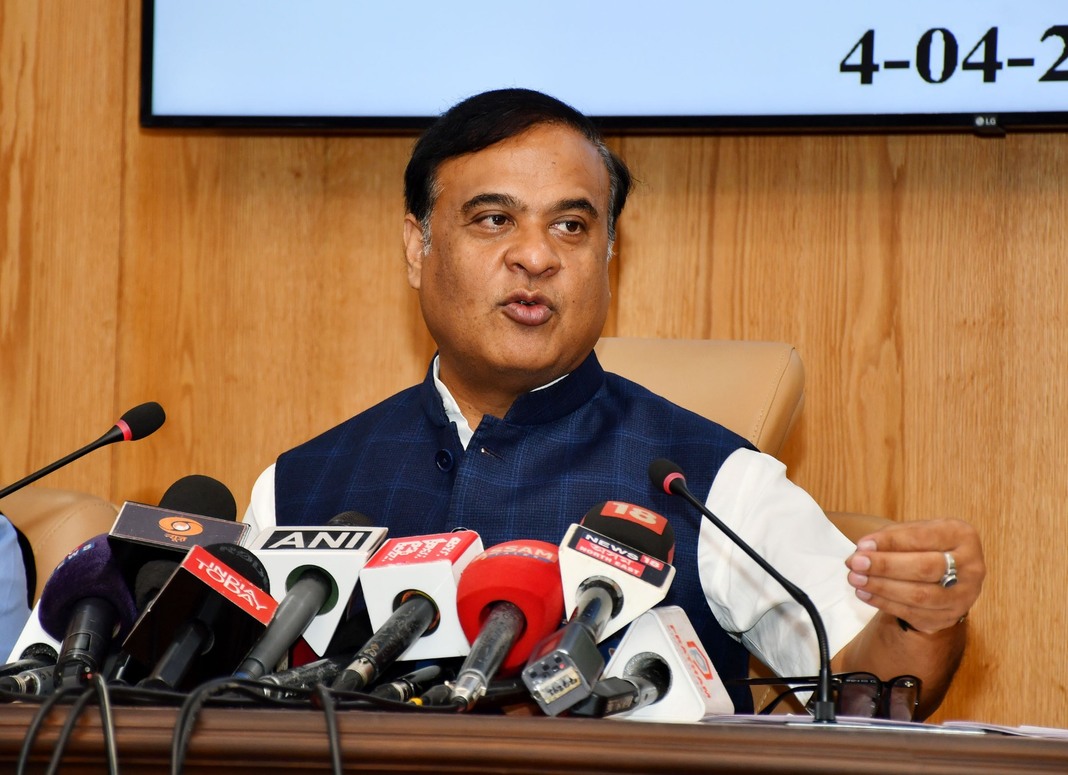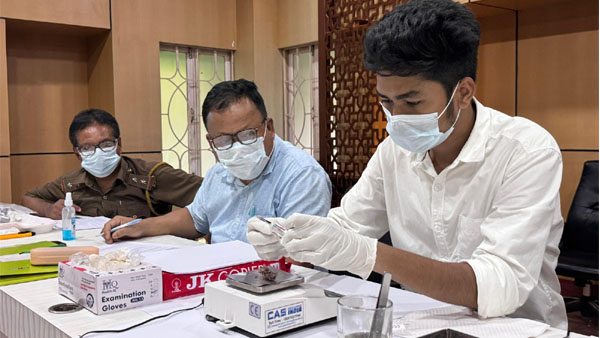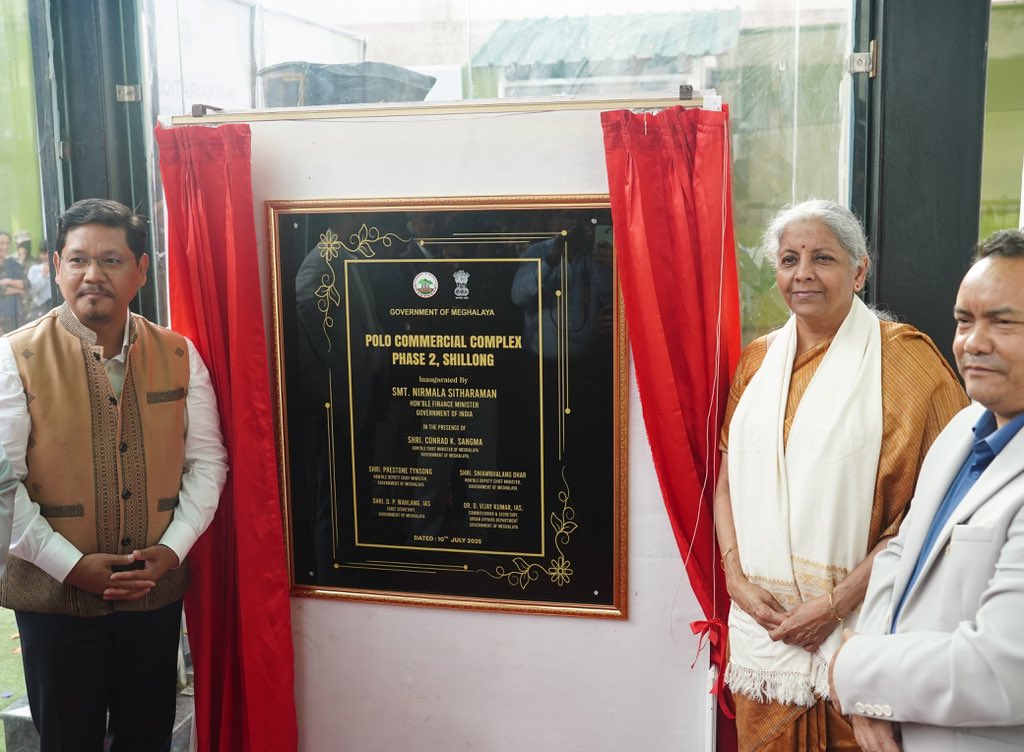Guwahati, July 10: In a landmark decision, the Assam Cabinet has prohibited private hospitals and nursing homes from detaining dead bodies over pending medical bills. The move comes after numerous complaints from families alleging that hospitals refused to release bodies unless dues were cleared.
Chief Minister Himanta Biswa Sarma, addressing the media after the Cabinet meeting, said the state has decided to take strict action against such inhumane practices. He stated that hospitals must hand over bodies to family members within two hours of death certification, regardless of unpaid bills. Any delay beyond this may invite penal action, he said.
Starting August 1, hospitals found violating the rule will face license suspension ranging from three to six months and fines of up to Rs 5 lakh. Repeat offenders could face permanent license cancellation. An emergency mechanism will also be put in place: families can dial the 104 helpline, which will connect them to the local police for assistance in retrieving the body.
The Cabinet also approved the Standard Operating Procedure and regulatory guidelines to prevent coercive practices by private healthcare providers.
In another major decision, the Cabinet cleared the Gaja Mitra Scheme to address the rising human-elephant conflict in Assam. The scheme will be implemented in 80 conflict hotspots across six districts—Goalpara, Udalguri, Nagaon, Baksa, Sonitpur, Golaghat, Jorhat, and Biswanath.
The initiative aims to create elephant-friendly zones in these areas by restoring habitats and cultivating food sources like bamboo and Napier grass. Rapid response teams will be deployed in villages to safely redirect elephant herds using non-lethal methods. Each hotspot will have a community-based volunteer team of eight members for six months during peak conflict season, which coincides with paddy cultivation.
Sarma said the scheme is intended to promote coexistence between humans and elephants by reducing crop raids and property damage. The programme will complement the Forest Department’s efforts in protecting both lives and livelihoods.
The Cabinet also approved a hike in the monthly remuneration of Gaon Pradhans from Rs 9,000 to Rs 14,000, effective from October 1, 2025. The increase will also apply to Gaon Pradhans in forest villages.
Celibate monks, known as Udasin Bhakats, residing in Satras across the state will receive a monthly stipend of Rs 1,500 as part of a new welfare measure. The Cabinet said the financial support is aimed at preserving Assam’s religious and cultural heritage while ensuring the monks’ wellbeing.
The Cabinet further approved the de-notification of Mornoi Bebejia and Bebejia villages in the Subansiri Tribal Block of Lakhimpur district, as the percentage of protected tribal population in these villages has fallen below five percent.
To support education, the Cabinet greenlighted the Prerona Aasoni scheme, which will provide Rs 300 per month from November 1, 2025, to all Class X students in SEBA-affiliated schools preparing for the HSLC examination in 2026. The assistance will be transferred directly to students through the DBT mode.
Anganwadi workers and helpers will also see a rise in their state incentives. Workers will now receive Rs 8,000 per month, and helpers will get Rs 4,000, effective from October 1, 2025.
Finally, the Cabinet approved the renaming of Rabindranath Tagore University to Rabindranath Thakur Vishwavidyalaya, aligning it with the original Bengali spelling of the Nobel Laureate’s name.




